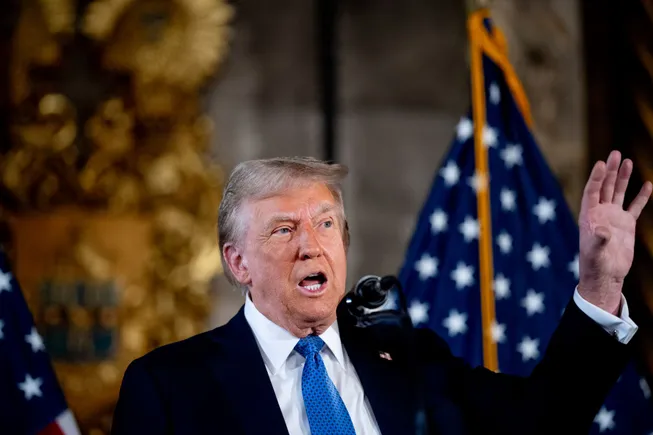Dive Brief:
Telehealth groups are calling for urgent action after President-elect Donald Trump panned a stopgap funding bill that would have preserved telehealth flexibilities in Medicare.
Lawmakers reached a bipartisan agreement Tuesday to fund the federal government through the package, which included provisions extending pandemic-era flexibilities for virtual care delivery for another two years. But Trump and his allies decried the stopgap funding bill as too expensive, leading House Republicans to scrap the legislation.
Without congressional action, the telehealth flexibilities will expire after Dec. 31. “To avoid damaging and sudden disruptions to care and to ensure patients, including America’s seniors, can continue to access virtual care, Congress must act now to avert the end-of-year telehealth cliff,” Alye Mlinar, executive director of Telehealth Access for America, said in a statement.
Dive Insight:
Scrapping the bill, which was set to fund the federal government through March, has left lawmakers scrambling to come up with a new plan to avert a looming government shutdown on Saturday.
Trump allies Vivek Ramaswamy and Elon Musk — who are slated to head up the incoming administration’s Department of Government Efficiency task force — argued the legislation included excessive spending and “special interest giveaways.”
“Republicans must GET SMART and TOUGH. If Democrats threaten to shut down the government unless we give them everything they want, then CALL THEIR BLUFF,” Trump and Vice President-elect JD Vance said in a statement.
Before it was scrapped, the deal included a number of healthcare provisions, like historic reforms to pharmacy benefit managers, a bump to physician pay and a long-awaited extension to the Medicare telehealth flexibilities.
It also featured a five-year extension of the CMS’ Acute Hospital Care At Home program, which allows approved Medicare-certified facilities to provide inpatient level care in patients’ homes, and a provision that would allow first-dollar coverage of telehealth for high deductible health plans to continue for two years.
Telehealth groups have been pushing lawmakers to extend or make the Medicare telehealth flexibilities permanent for months.
First enacted during the COVID-19 pandemic to prevent lapses in care, the policies significantly expanded the use of telehealth in the insurance program geared toward seniors.
Though some changes have been made permanent, others are still operating on temporary waivers that are set to expire at year’s end.
The flexibilities generally have bipartisan support — and were put in place under the first Trump administration — so they could still be included in a new legislative package, said Kyle Zebley, senior vice president of public policy at the American Telemedicine Association.
Still, if the continuing resolution’s virtual care policies are allowed to lapse, even for a short time, patient care could be impacted, he said.
“From commercial coverage to Medicare coverage to innovative, forward-leaning programs at the cutting edge, they all end on Jan. 1,” Zebley said. “There would be not a congressional district in the country, not a county in the country, that would not have negative consequences for the citizens therein.”


